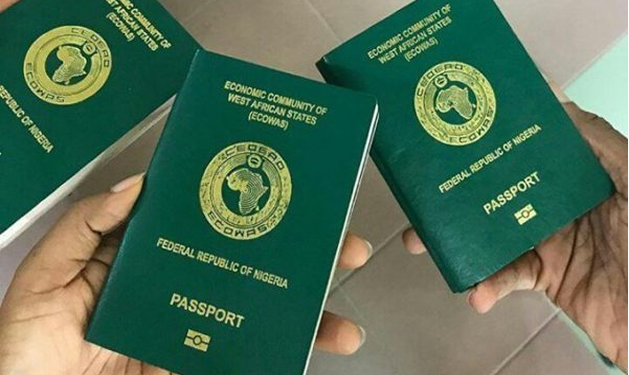The Federal Government has announced that Nigeria will commence full implementation of a new electronic visa system on May 1, 2025, as part of a broader push to modernise the country’s immigration services and tighten border security.
The Minister of Interior made the disclosure during a joint press briefing with the Minister of Aviation in Abuja, where both Ministries reaffirmed their collaboration on national security and immigration reform.
According to the Interior Minister, the e-visa platform will simplify application processes for tourists, business travelers, and other short-term visitors. Applicants will be able to complete visa forms, upload necessary documents such as passports, return tickets, and hotel bookings, and make payments online, without needing to visit a physical office.
The Minister said the move is part of the government’s efforts to enhance security and streamline immigration processes using digital tools. He disclosed that through the Advanced Passenger Information (API) system, Nigerian authorities have already intercepted and extradited individuals flagged by INTERPOL, showcasing the effectiveness of the country’s upgraded pre-arrival screening mechanisms.
To further support secure and efficient border management, Electronic Gates (E-Gates) have been installed and are operational at airports in Lagos, Calabar, and Abuja. These E-Gates are expected to improve both traveler convenience and national security.
In addition, the government has introduced automated landing and exit cards to replace the previously used manual forms at entry and exit points. The shift to automation aligns with Nigeria’s goal of leading Africa in digital transformation across critical sectors, including immigration and security.
The Minister of Aviation expressed full support for the e-visa initiative, praising the close coordination between both Ministries, the Nigerian Immigration Service, the Nigerian Civil Aviation Authority, and the Federal Airports Authority of Nigeria. He assured that the joint efforts would continue to ensure the successful implementation of the new system and other reforms.
The Federal Government views this digital migration as a major step in enhancing Nigeria’s attractiveness to international travelers and investors, while strengthening its internal security architecture through better screening and data collection.










